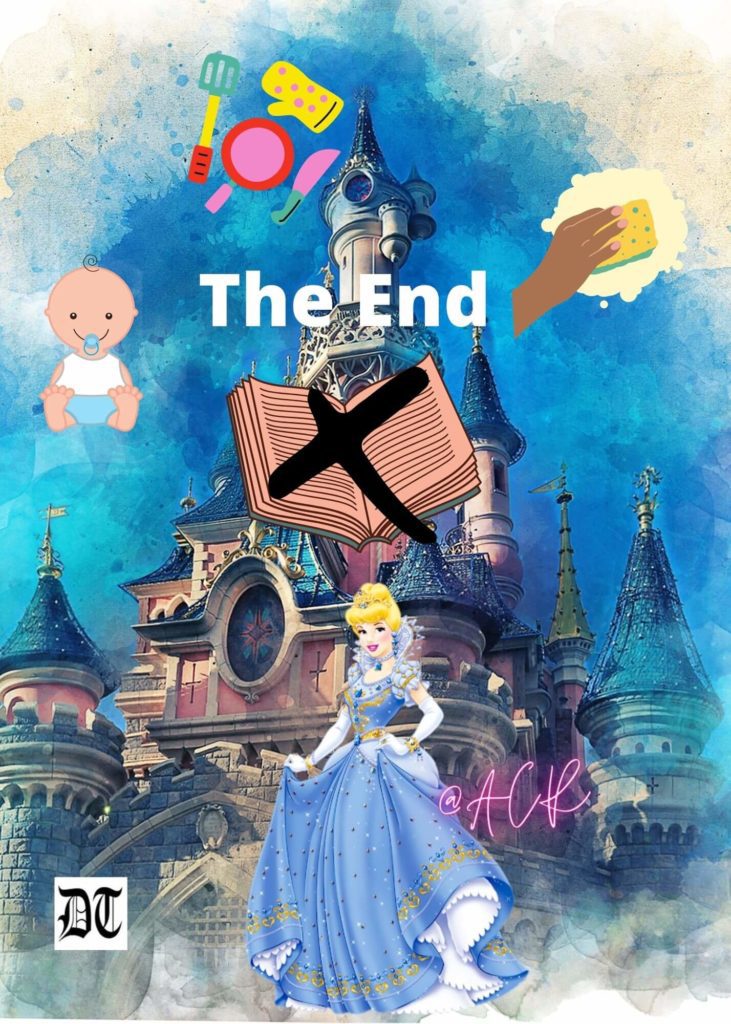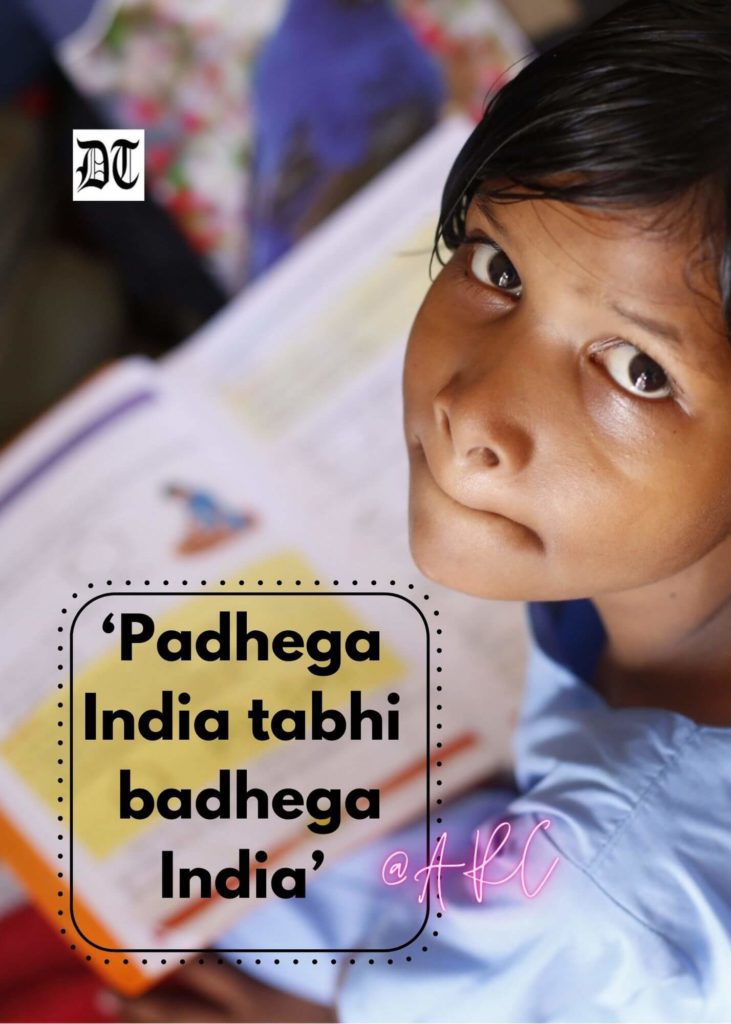Despite progress, women in India are at a disadvantage with lower literacy rate, female foeticide, disadvantaged employment and the responsibility to run the home alone, states Enakshi. An exclusive for Different Truths.

It is a known fact that education is the most powerful weapon that can aid in changing the world. While humans are evolving and adapting to the toughest circumstances, individuals, too, are learning to bring about a change and get rid of the redundant rules and beliefs that promise nothing but blind faith. People have a herd mentality, and it is because of this herd mentality that India still lags in terms of literacy rate of women, the overall contribution of women towards the economy of the country and equality of gender. According to the 2011 census, the literacy rate of women in India is 64.46 per cent, while that of men is 82.14 per cent.
India still lags in terms of literacy rate of women, the overall contribution of women towards the economy of the country and equality of gender. According to the 2011 census, the literacy rate of women in India is 64.46 per cent, while that of men is 82.14 per cent.
India also has the highest number of cases of female foeticide. According to one of the UN reports, over 51% of the work done by the women in India is unpaid labour. Data also suggests that India lost between $1.4 trillion and $2.8 trillion in GDP, in 2018, due to lower participation of women in the workforce.
You might be wondering why I am sharing these statistics with you! This is because it pains my heart to see women still shouldering the responsibility of the household, while men offer to work ‘outside’ to ‘earn the bread and fill the stomachs of the family’. Seldom do men offer to help because they do not deem it worthy to participate in household chores. Even when the women are equally educated, it is of no use as after marriage, most of the women are restricted within the borders of the cemented walls and are forced or made to feel obligated to work in the kitchen, bear and rear children and cater to the needs of her extended family members. In the process, her ties from her own family are severed – more by accident than by choice.
When young, we are told fairy tales that promise a runic future after marriage but that seems like a distant dream once women get tied in a nuptial bond. Probably one of the chief reasons for the misery is that no one tells us what happens after marriage. Probably the real story goes like this: Cinderella got married, had babies, went right back to cooking and cleaning all day and never went to another ball again. The End.

When young, we are told fairy tales that promise a runic future after marriage but that seems like a distant dream once women get tied in a nuptial bond. Probably one of the chief reasons for the misery is that no one tells us what happens after marriage. Probably the real story goes like this: Cinderella got married, had babies, went right back to cooking and cleaning all day and never went to another ball again. The End.
When our Prime Minister announced that the government was considering revising the minimum marriageable age for girls, I was on Cloud Nine because that was a sign of clear progress. Not only would that decrease the Maternity Mortality Rate (MMR) but also give a chance to all the girls to rethink about their future, make an attempt to become independent and get a fair chance at living their life with choices. With education, girls will no longer succumb to depression, domestic violence, patriarchy and unpaid labour. Education will give them the confidence to fight those who come in the way of their life and freedom. They will decide for themselves and will no longer be the puppets of menfolk.
Knowing that necessity is the mother of invention, I also think that the day is not far when the government will also give the rights and support to the women to support their ageing parents. Following the blind alleyway, the people still exhort the women to be accountable for the wellbeing of their in-laws and not their parents.
Knowing that necessity is the mother of invention, I also think that the day is not far when the government will also give the rights and support to the women to support their ageing parents. Following the blind alleyway, the people still exhort the women to be accountable for the wellbeing of their in-laws and not their parents. According to this belief, it is right that the parents consider the birth of a boy as an investment and treat the birth of a girl as a liability!
Patriarchy has been perpetuated in our society right from the very beginning. All the beliefs and notions are interlinked. We just need to catch hold of the weakest link of the chain. And that weakest link is the belief that ‘ladkiya paraya dhan hoti hain’. Once people begin treating their daughters as ‘their’ daughters, the circumstances will change for good.
While the government’s inclination towards women’s rights seems promising, it has also thrown light on several other smaller groups of people who oppose such decisions. Although we do not need laws like this if we claim that we care enough for our children, somewhere such laws are very important because the majority of the people in India fall below the poverty line and they aren’t educated enough to understand the aftermath of sacrificing their daughter’s life by marrying her off early.

While the government’s inclination towards women’s rights seems promising, it has also thrown light on several other smaller groups of people who oppose such decisions. Although we do not need laws like this if we claim that we care enough for our children, somewhere such laws are very important because the majority of the people in India fall below the poverty line and they aren’t educated enough to understand the aftermath of sacrificing their daughter’s life by marrying her off early. We need stricter measures for such people so that women are guaranteed freedom and not just ‘promised’ freedom.
As a woman, I understand how difficult it is for women to reach out to their parents after their marriage. Lucky are the ones who get that kind of liberty to be with their parents as and when they wish. But not all have the odds in their favour. Thus, it is imperative that we, as a society, work towards respecting the interests of women at large and contribute towards the economy of the country too. ‘Padhega India tabhi badhega India’ is something that all of us should pledge to follow.
Visuals from Different Truths





 By
By
 By
By

 By
By